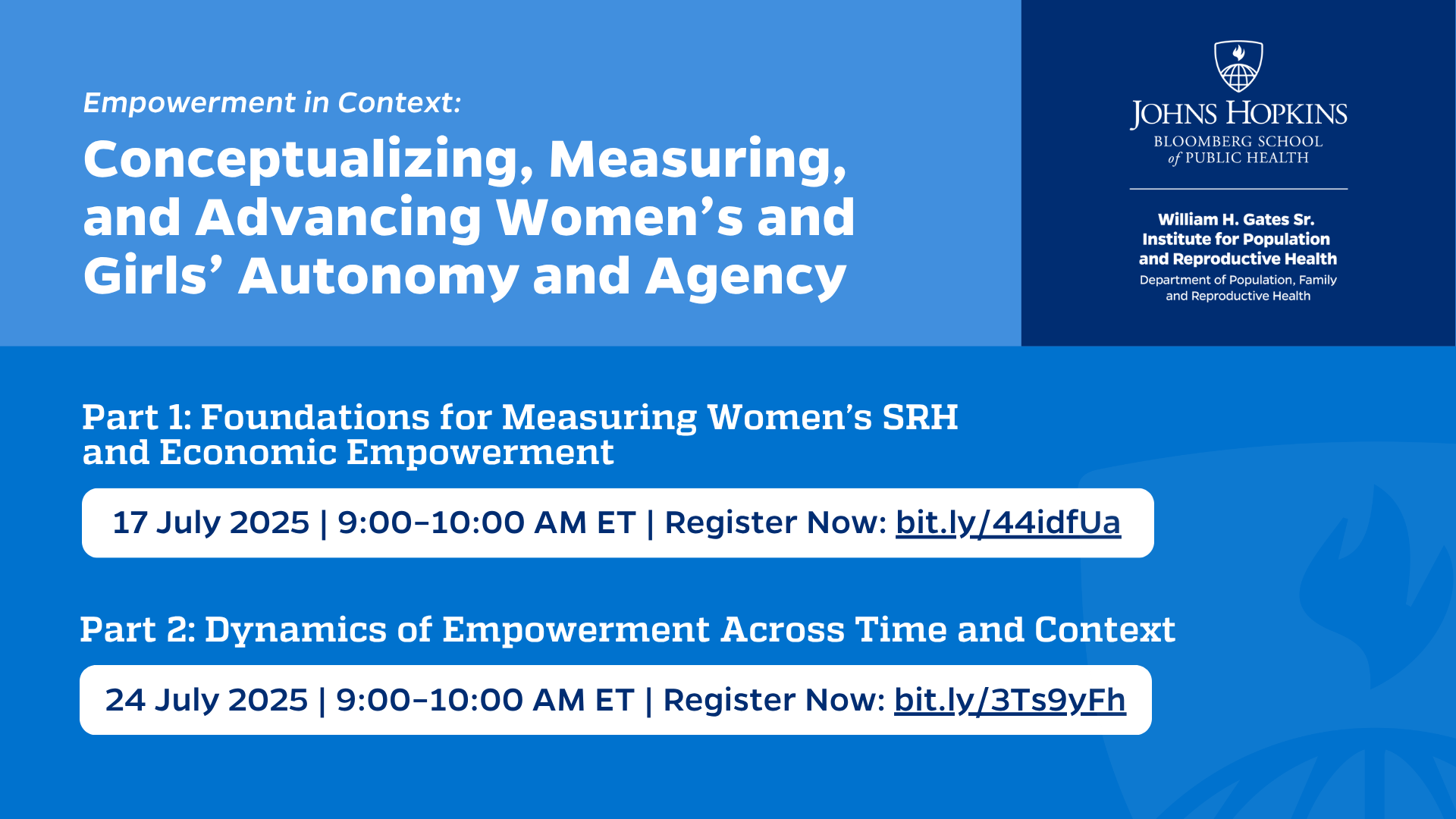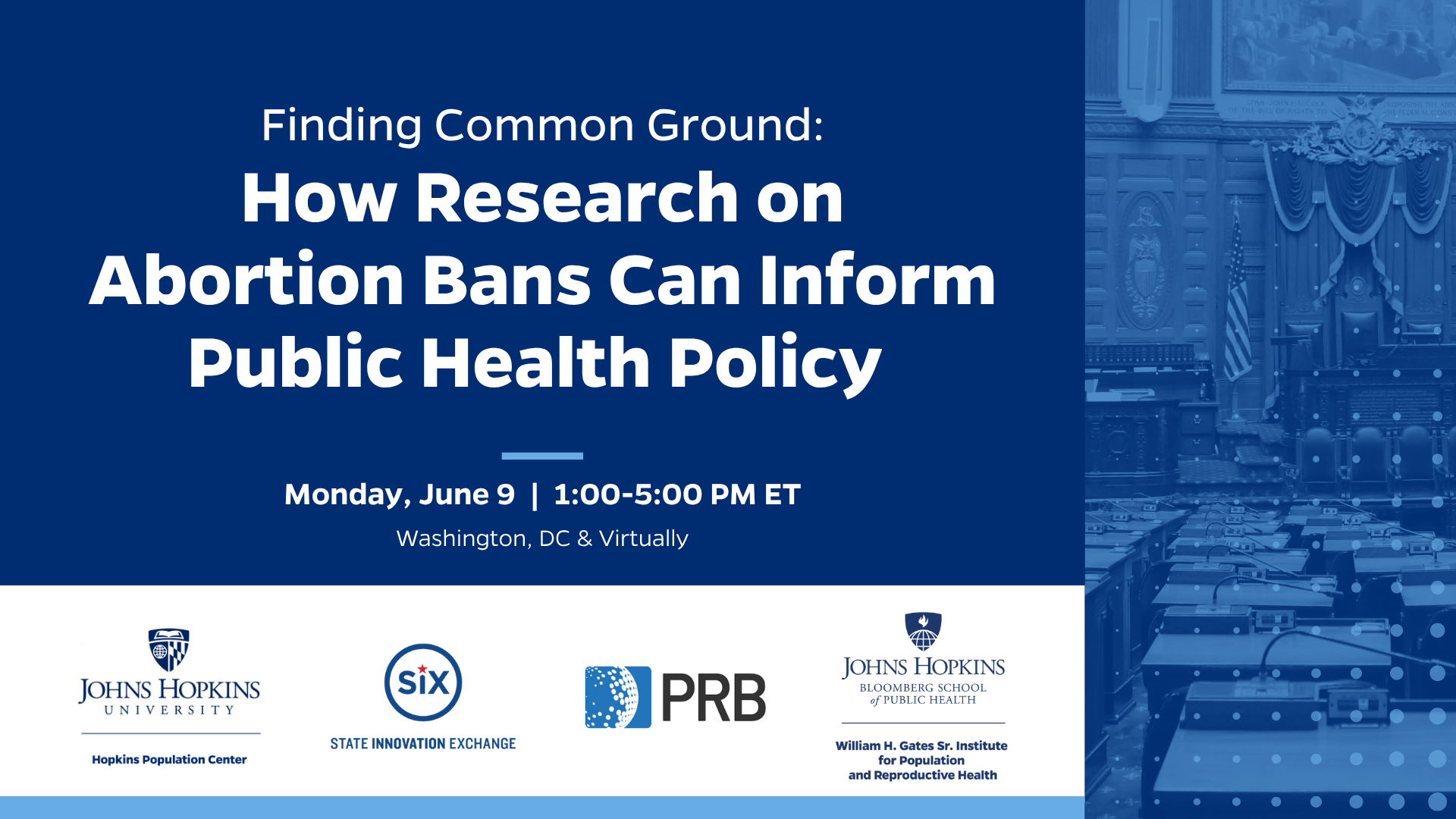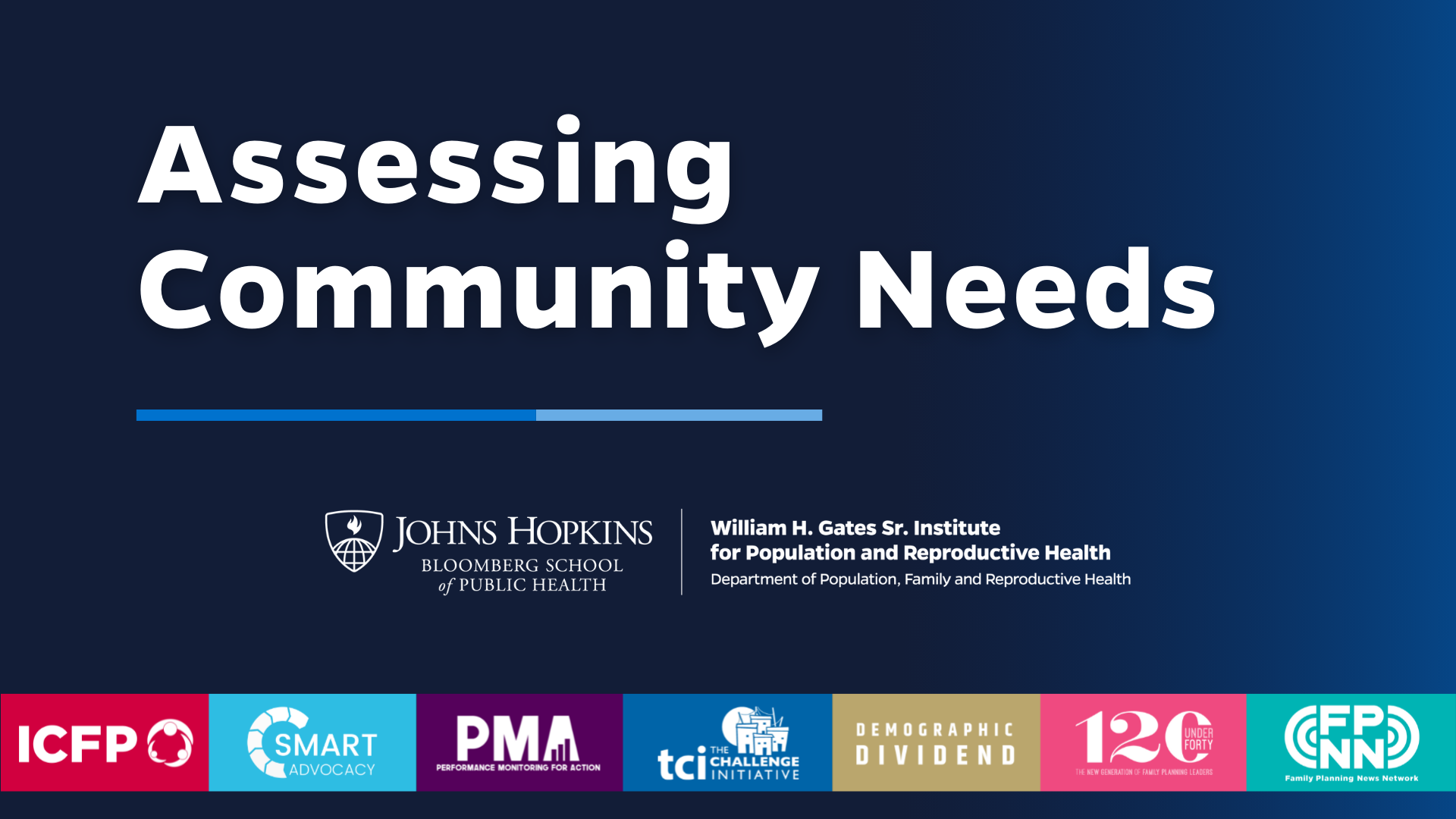TCI’s Universal Referral Intervention Leads Non-FP Service Providers to Promote Family Planning
Ms. Diallo Zerbo Fatimata is a Nursing and Obstetric Care Manager in Ouagadougou, Burkina Faso.
In Burkina Faso, health service provision is typically not integrated across departments or units in a facility. For example, vaccination service deals only with vaccinations and pediatric service is only for children and childhood illnesses. Family planning services usually are only offered by trained providers working in the family planning unit. This means other service providers do not mention family planning to clients who might have an unmet need for family planning.
But after The Challenge Initiative (TCI) introduced its high-impact Systematic Identification of Client’s Needs in Family Planning (ISBC) intervention in Ouagadougou, providers in non-FP units in TCI-supported facilities – such as the maternal, neonatal and infant-juvenile care units – could identify and screen women of reproductive age for potential family planning needs.
At least one provider in each of the non-FP units in 155 health facilities supported by TCI across the city were introduced to the ISBC intervention by TCI coaches. Those trained providers were then instructed to train their colleagues within their same unit. Now all providers in those facilities can identify women who may be in need of family planning services, whatever the reason that brought them to the health facility.
In addition, TCI has coached midwives and nurses on ISBC, and ISBC implementation monitoring is now being conducted as part of supportive supervision. ISBC identifies potential family planning clients with unmet need and then offers them appropriate care – whether that is a contraceptive method or a referral to another unit for a long-acting reversible contraceptive (LARC) method – through the active involvement of staff throughout the facility, including the vaccination, pediatrics and curative care units. Family planning is now the concern of all providers in the 155 TCI-supported health facilities.
Ms. Diallo Zerbo Fatimata, a Nursing and Obstetric Care Manager in Ouagadougou, explains the significance of this new approach:
The ISBC approach has enabled users of our health facilities to obtain information and counseling on FP regardless of the unit consulted. Now, clients have several entry points for obtaining FP information and counseling. Young people are less stigmatized because they now have access to FP information and counseling without having to go for FP service.”
The ISBC approach has increased family planning demand across all the supported health facilities after an initial decline due to the COVID-19 pandemic. The chart below shows a total 45% increase in annual family planning client volume over the 12-month period ending August 31, 2021, with a 27% increase in LARCs over the same time period. Non-FP service providers are willing to refer clients for FP services because they see that their patients have a real unmet need. ISBC is simple to implement as well, with just three additional counseling questions asked of potential FP clients. These changes are crucial in preventing unplanned pregnancies and the serious health risks associated with unplanned pregnancies for mothers and newborns in Burkina Faso.
This graph represents the increase in annual family planning client volume (Source: HMIS). To prevent overestimation of short-term methods, the HMIS data has been adjusted using standard “couple-years of protection,” (CYP) which is the total estimated protection provided by contraceptives in a one-year period. To account for seasonal variations, the data represents a 12-month average for short-term methods and a 12-month rolling sum for long-term.
Recent News
In Their Own Words: The Impact of Coaching in Firozabad, a Newly Graduated City in India
TCI Philippines’ Hub Reflects on A Year of Efforts to Reduce Teen Pregnancies
TCI Support Helps Ouagadougou’s Poor Urban Settlements Benefit from Family Planning Services
Pakistan’s President Attends Formal Islamabad Launch of TCI’s Sixth Hub








